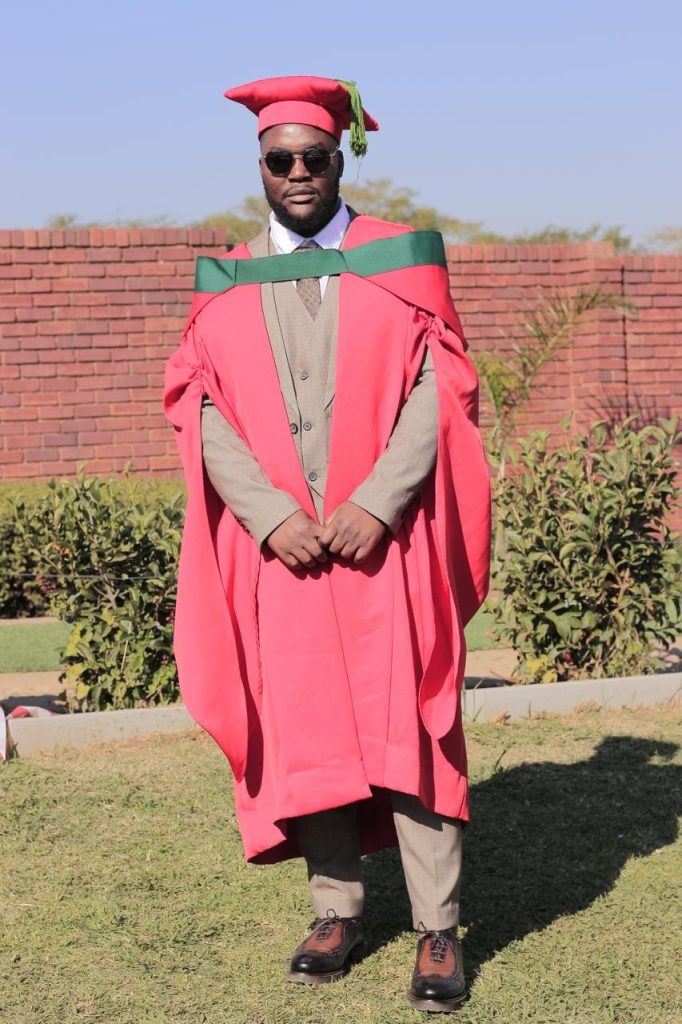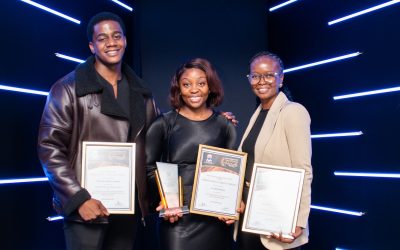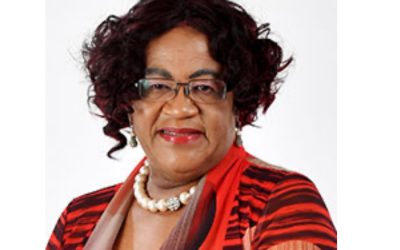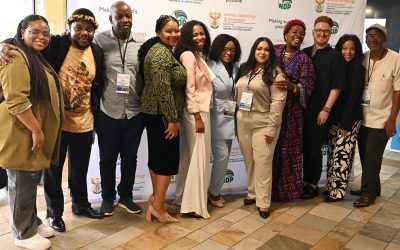From Westonaria in Gauteng to the forefront of statistical innovation, SMU graduate and Senior Data Scientist at the FNB Retail Chief Data & Analytics Office (CDAO), Dr Sandile Johannes Butelezi, has achieved a remarkable milestone: earning a PhD in Statistics in just two years. He completed his doctorate with six published papers, three under review, and presentations at international conferences. His research, grounded in his professional experience within the insurance industry, presents a transformative approach to short-term insurance modelling in a world grappling with climate change and economic volatility.
 Butelezi’s doctoral thesis, completed at a leading South African institution, centred on enhancing the accuracy and fairness of insurance risk models, particularly in the short-term motor insurance sector. “Working in the insurance sector revealed how outdated traditional models have become, especially in an era of unpredictable weather and shifting risk profiles,” he explained. “My goal was to contribute adaptive and equitable methods that reflect the complex realities we face.”
Butelezi’s doctoral thesis, completed at a leading South African institution, centred on enhancing the accuracy and fairness of insurance risk models, particularly in the short-term motor insurance sector. “Working in the insurance sector revealed how outdated traditional models have become, especially in an era of unpredictable weather and shifting risk profiles,” he explained. “My goal was to contribute adaptive and equitable methods that reflect the complex realities we face.”
His solution was a hybrid modelling framework that blends generalised linear models (GLMs)—a mainstay of actuarial science—with advanced machine learning techniques such as XGBoost, gradient boosting machines, and random forests. Among these, XGBoost delivered the most promising results, achieving a robust R² of 0.68 when tested against real insurance claims data from 2021 to 2024, alongside simulated extreme-weather scenarios.
The model revealed significant regional and seasonal variations in claim patterns. Flood-related claims, for instance, peaked during summer months, while metropolitan areas like Gauteng recorded higher instances of malicious damage and motor accidents. These findings underscored the shortcomings of uniform premium pricing and pointed towards the need for dynamic, locally tailored strategies.
One of the study’s most striking findings was not statistical, but social: a concerning pattern of claim rejections among non-native English speakers, often due to misunderstandings of complex policy language. “This is not just a technical issue—it’s a matter of equity,” said Butelezi. “We need simplified, multilingual insurance documentation that’s accessible to all policyholders.”
The practical implications of Buthelezi’s research are profound. Insurers can use his model to more accurately price risk, allocate resources, and respond proactively to claims volatility. Regulators and policymakers, meanwhile, gain a tool for promoting a more resilient, inclusive, and climate-aware financial protection system.
Looking ahead, Butelezi sees exciting avenues for continued research. These include integrating high-resolution climate data for long-term forecasting, applying behavioural economics to understand consumer behaviour in insurance uptake, and advancing AI applications such as deep learning and reinforcement learning to manage high-dimensional or unstructured data sources like satellite imagery or text-based claims reports.
“There’s also urgent work to be done on the ethics of algorithmic decision-making,” he added. “We must ensure that data-driven models do not reinforce existing social and economic inequalities. Fairness must be an intentional part of model design.”
Completing a PhD in just two years is no small feat, and Buthelezi credits his success to disciplined time management and a strong support network of supervisors, family, and peers. “I set realistic goals, stuck to a structured routine, and allowed myself breaks when needed. But above all, the encouragement from my support system made the difference,” he said.
Now, Butelezi plans to continue bridging the gap between academia and practice. He hopes to supervise postgraduate students, contribute to academic research, and influence public policy in areas such as disaster risk management, bioinformatics, and AI regulation. He also remains committed to developing new theoretical frameworks in mathematical statistics.
His advice to aspiring statisticians is both grounded and aspirational: “Master the fundamentals, stay curious, and be unafraid of messy, real-world data. The world needs statisticians who are both technically sharp and socially conscious.”
Reflecting on his journey from Westonaria to international academic recognition, he summarised it with a simple yet powerful phrase: “Only the best is good enough.”
By Tumelo Moila



